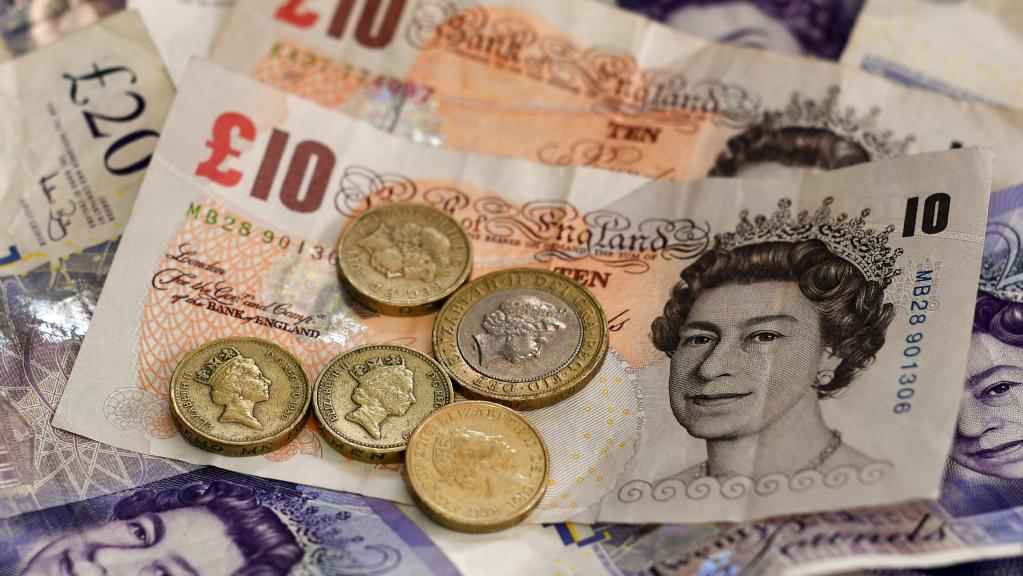The British Pound Sterling weakened against the euro and the yen on Friday, January 19, as disappointing UK retail sales data dented broadening optimism about the currency as investors’ risk appetite grows.
At 1130 GMT, it was down 0.2 percent on the day at $1.3892 but still on track for its longest winning streak against the dollar since 2014.
Against the dollar, sterling initially stumbled on the data, before reversing losses to briefly trade on Friday at its highest since Britain’s June 2016 vote to leave the European Union, at $1.3943.
Against the euro and the yen, its losses were more pronounced, with sterling weakening by 0.3 percent and 0.5 percent apiece.
Before Friday’s drop, sterling had rallied in recent days against a weakening dollar — down more than 2 percent so far this year against a basket of rivals — and as growing demand for risk encouraged sterling bulls to add to their positions.
“The retail sales data paints a picture of a UK economy that is not enjoying a recovery that is being seen elsewhere across the world and the pound is reflecting that,” said Timothy Graf, head of macro strategy for EMEA at State Street Global Markets.
Figures from the Office for National Statistics showed 2017 was the weakest year for retail since 2013 and a drop in sales of 1.5 percent from November, as consumers squeezed by high inflation continued to keep a tight grip on spending.
The tepid retail sales figures rounds off a week of disappointing data for sterling bulls, including a softening of UK inflation in December.
Long positions on sterling rose to their biggest since the third quarter of 2014 and a complete turnaround from March last year when pessimism over the currency peaked, according to positioning data.
Fueling the optimism about sterling has been a decline in negative headlines about Brexit negotiations in recent weeks, which had been a dampener for sterling bulls for much of 2017.
The probability of Britain leaving the EU without a deal has fallen to 20 percent, from 25 percent in December and 30 percent in October, according to a Reuters poll published on Thursday, Reuters reports.












